How to Organize Your Home for Hurricane Season
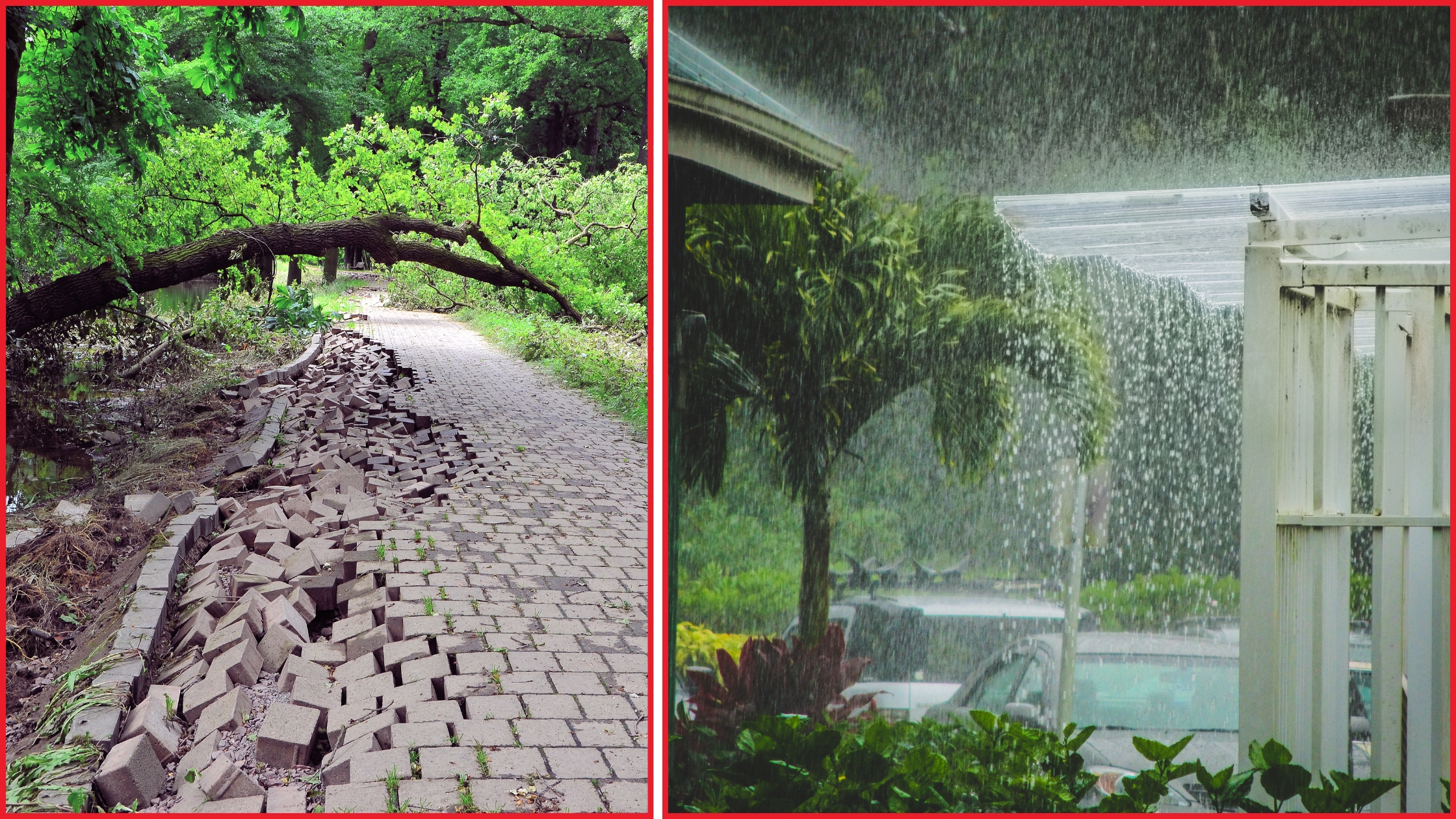
Learn expert tips on preparing your home for hurricane season, from securing outdoor furniture to organizing your emergency supplies. This guide will help you stay safe and ready.
As the dark clouds gather and the winds begin to howl, the memories of past hurricanes resurface. In 2022 alone, the Atlantic hurricane season saw 21 named storms, with damages exceeding $80 billion. For families, who live in coastal Florida, preparing their home for hurricane season has become an annual ritual. With their experience, they’ve turned what once was a daunting task into a well-organized plan. This guide will share expert tips on how you, too, can organize your home for hurricane season, ensuring you and your loved ones stay safe and ready.
Understanding Hurricane Season
Hurricane season typically runs from June 1 to November 30. This period sees an increase in tropical storms and hurricanes, particularly in coastal regions. Knowing the hurricane season’s timeline helps in planning and organizing your home effectively. It is essential to start your preparations early to avoid the last-minute rush and potential shortages of supplies.
Assessing Your Home’s Vulnerability
During hurricane season, evaluate the structure of your home to understand its weaknesses. Look for areas prone to flooding, weak points in the roof, and large windows that could shatter. Identifying these vulnerabilities during hurricane season allows you to take proactive steps to strengthen your home against the powerful forces of a hurricane.
Essential Steps to Prepare Your Home for Hurricane Season
Securing Outdoor Furniture
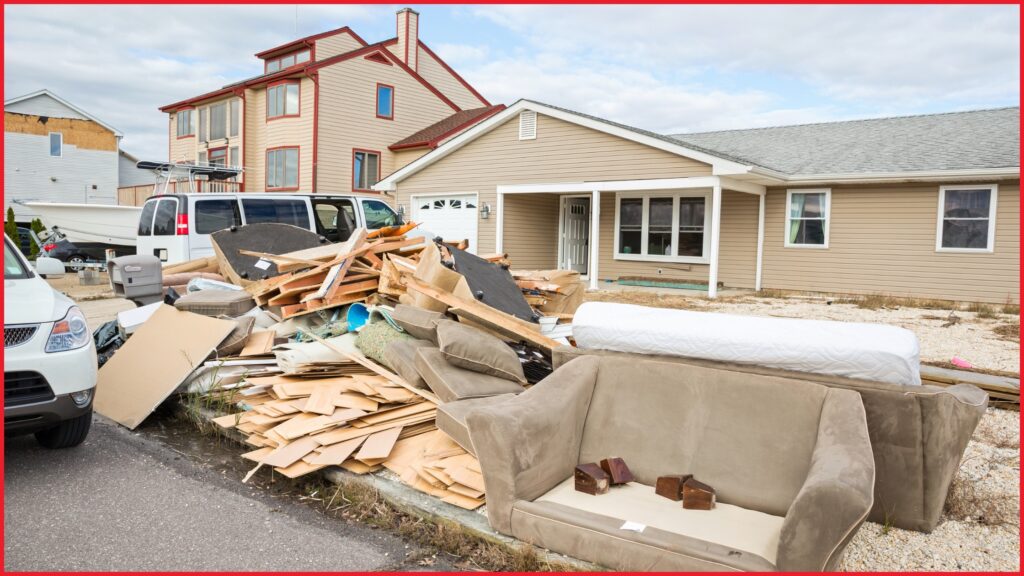
Outdoor furniture can become dangerous projectiles during hurricane season. Secure or store all outdoor items to prevent them from causing damage. Simple actions like tying down items or moving them indoors can make a significant difference in protecting your home and your neighbors during hurricane season.
Strengthening Doors and Windows
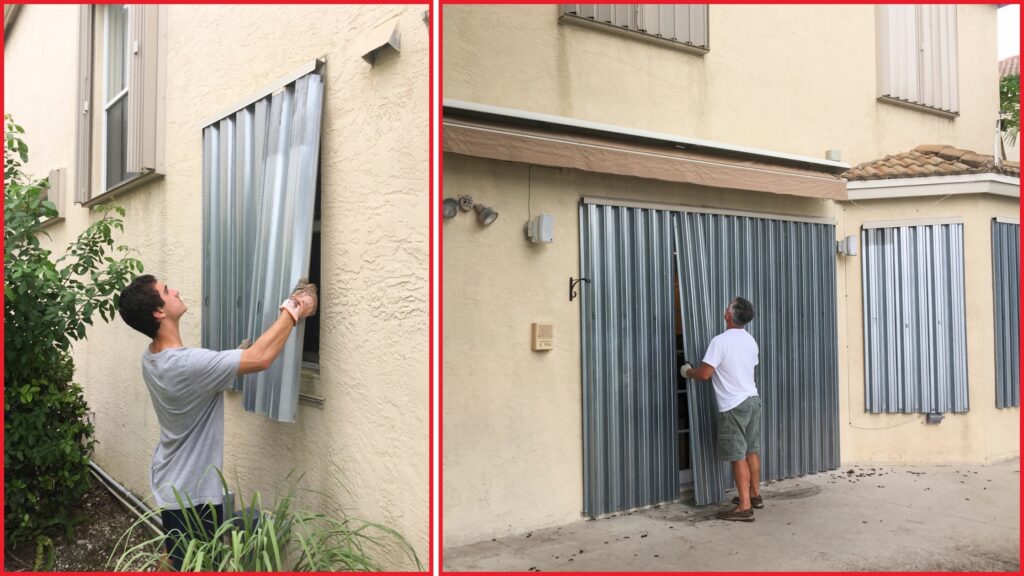
Invest in storm shutters or plywood to protect your windows and doors during hurricane season. Reinforce garage doors, which are often a weak point during hurricanes. These measures can help prevent wind and debris from entering your home, significantly reducing the risk of structural damage during hurricane season.
Preparing Your Roof
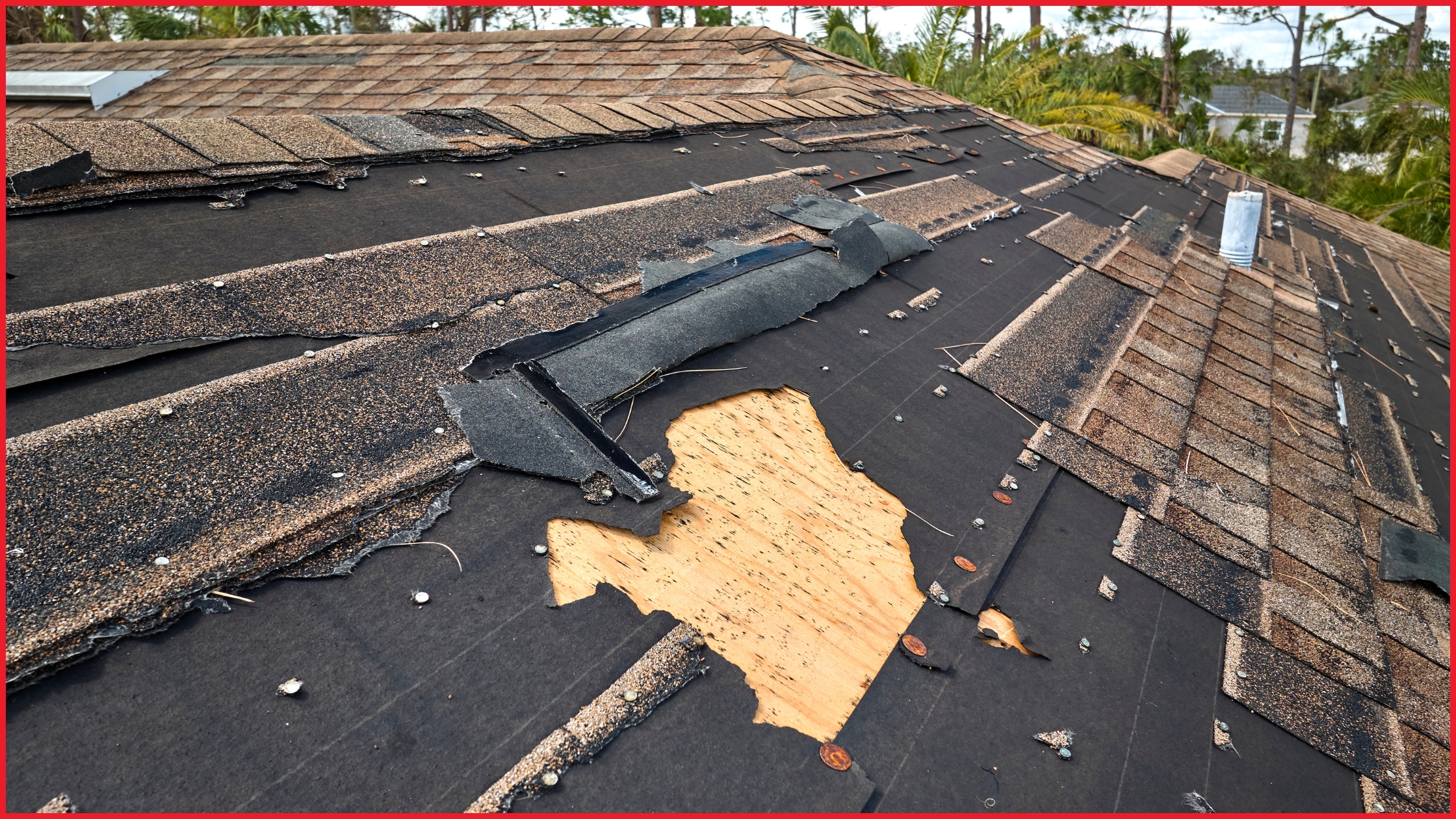
A strong roof can withstand high winds and heavy rain during hurricane season. Ensure your roof is in good condition and make necessary repairs. Regular maintenance and professional inspections can help you identify and fix potential issues before the hurricane season starts.
Emergency Supply Kit
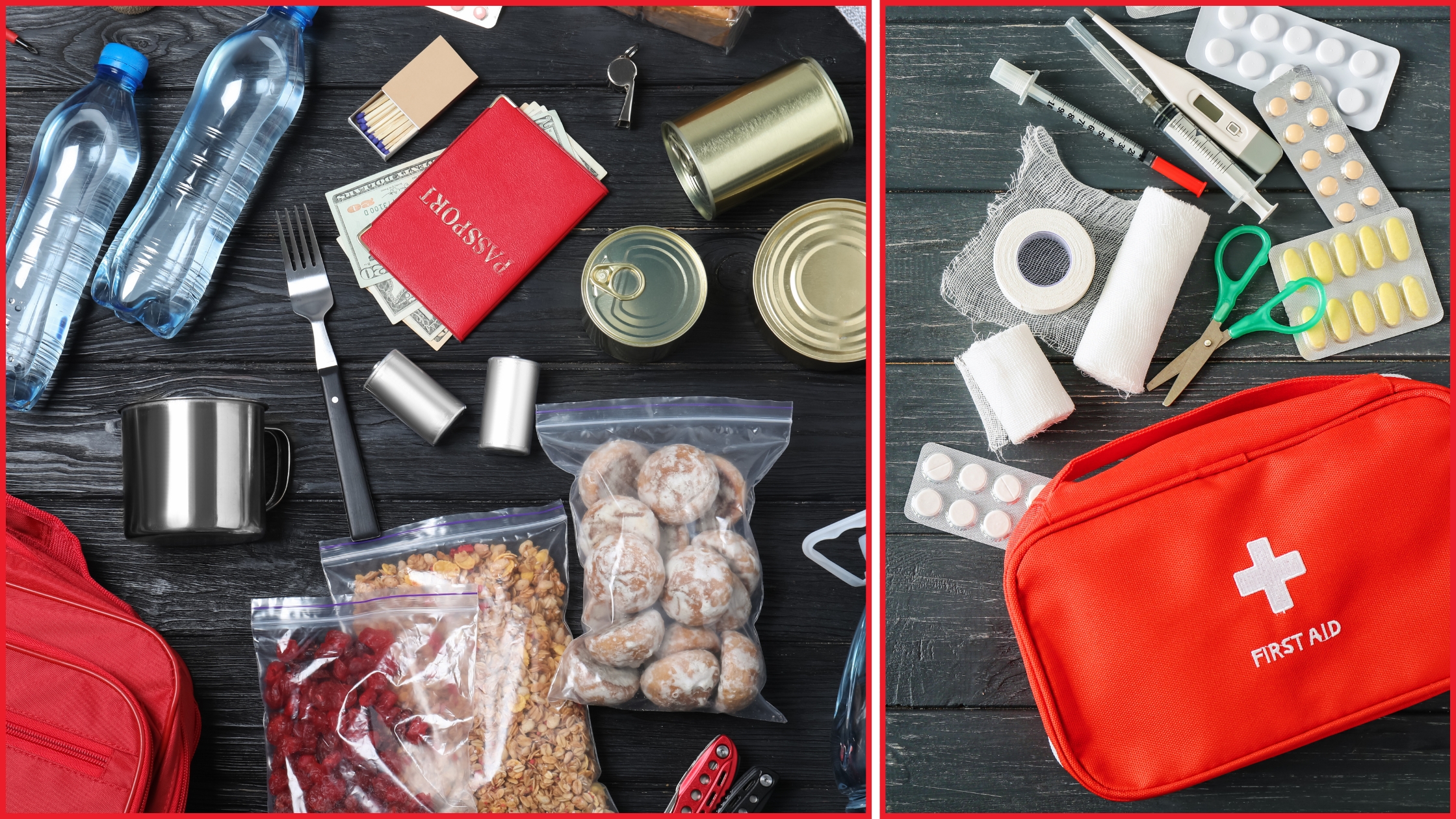
Prepare an emergency supply kit with essential items that can last for at least 72 hours during hurricane season. This kit is crucial during and after a hurricane. Include non-perishable food, water, medications, and other necessary supplies to ensure your family can survive comfortably if you are unable to leave your home during hurricane season.
Developing an Evacuation Plan
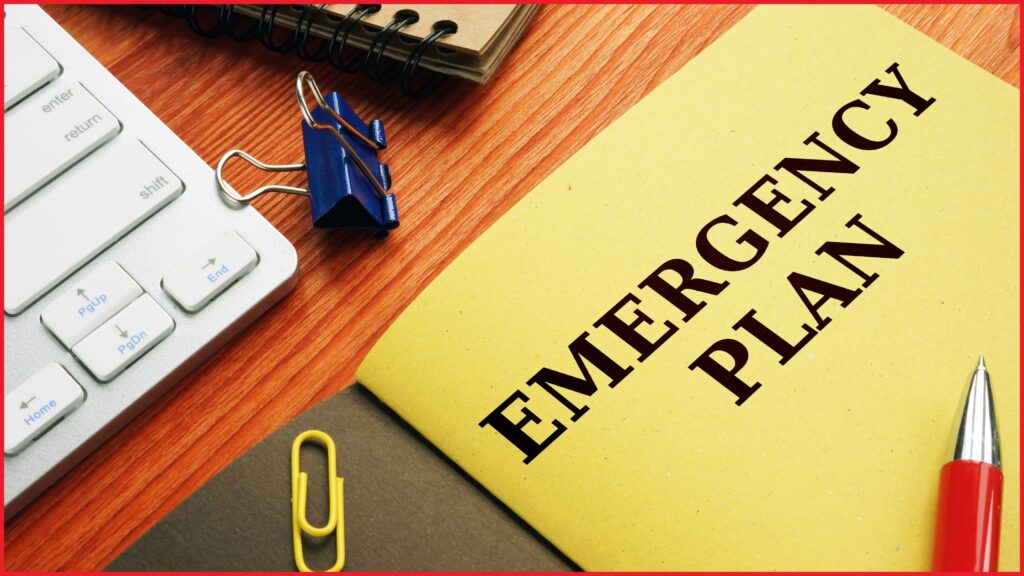
Know the evacuation routes in your area and have a plan in place for hurricane season. This includes knowing where to go and what to take with you. A well-thought-out evacuation plan during hurricane season can help you avoid panic and ensure your family’s safety during a hurricane.
Safeguarding Important Documents
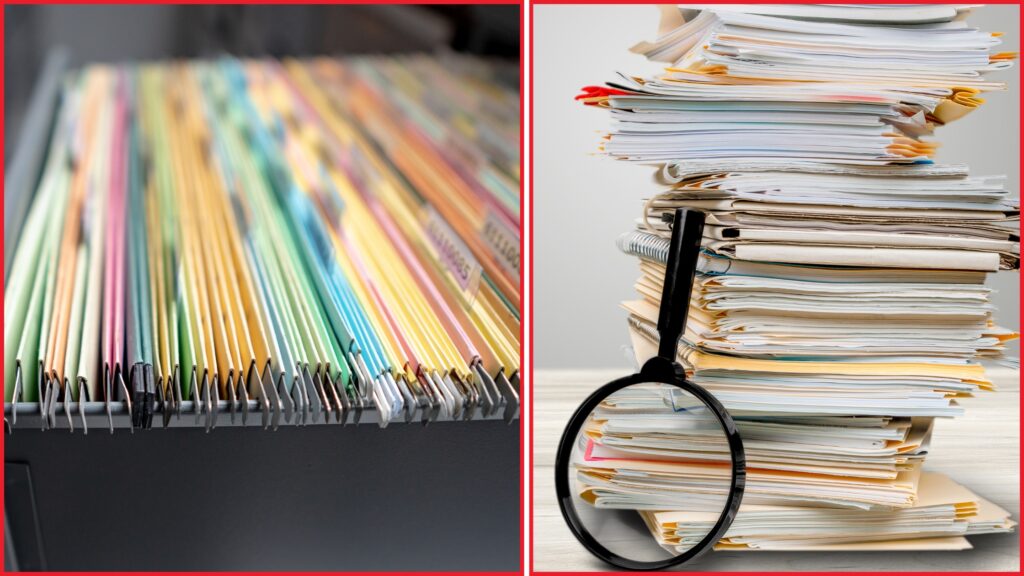
Keep important documents safe by storing them in a waterproof and fireproof container during hurricane season. Digital backups are also recommended. This ensures that vital records are protected and easily accessible when you need them most during hurricane season.
Maintaining Communication

Staying informed during hurricane season is vital. Ensure you have multiple ways to receive updates and communicate with loved ones. A battery-powered or hand-crank radio can be invaluable if power and cellular services are disrupted during hurricane season.
Understanding Flood Risks
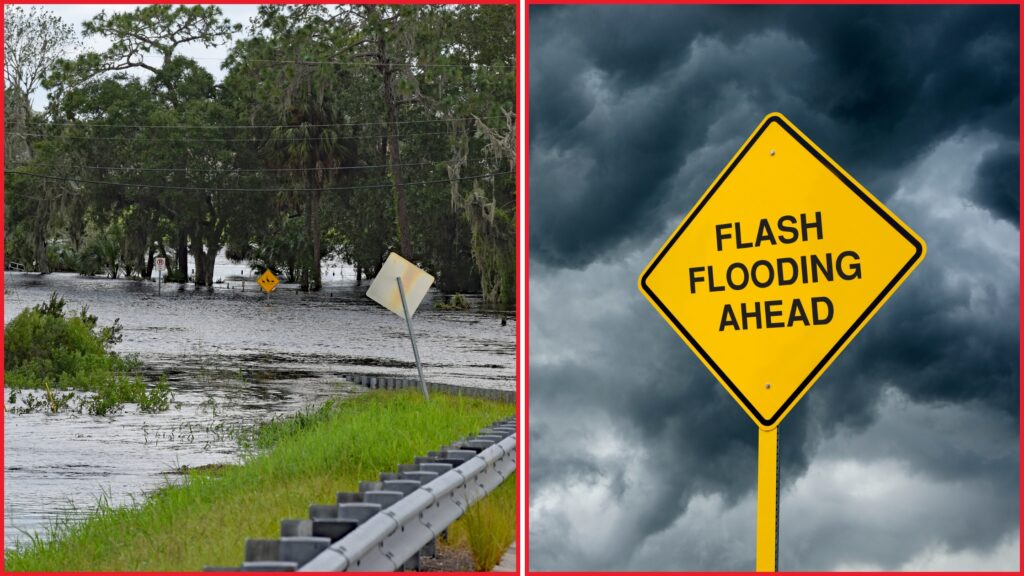
Know the flood risks in your area and take steps to mitigate them during hurricane season. This might include installing sump pumps or elevating appliances. Understanding and addressing flood risks can help minimize water damage to your home during hurricane season.
Protecting Your Car
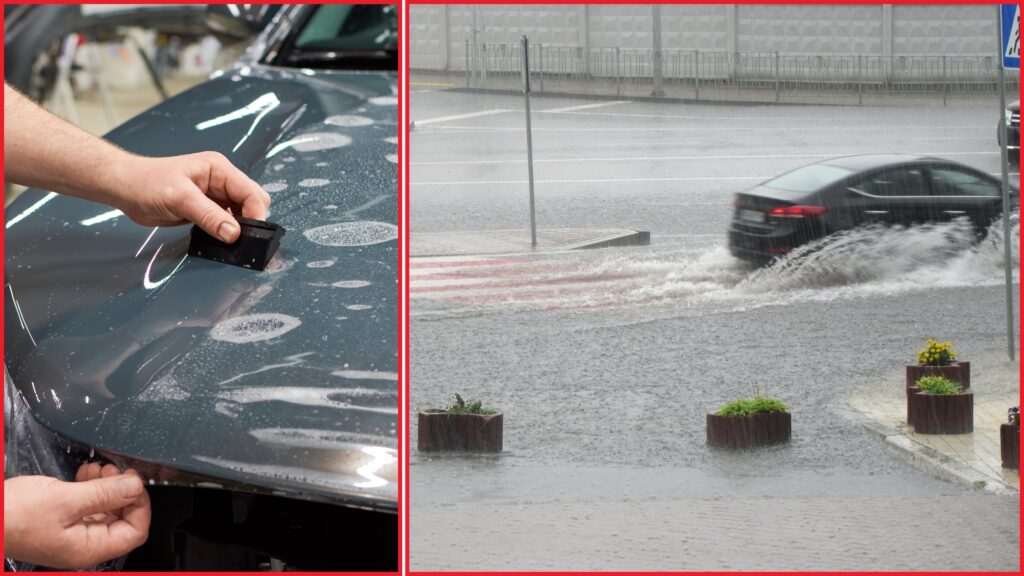
Move your car to a safe location to avoid damage from flooding or debris during hurricane season. Consider comprehensive insurance that covers hurricane damage. Parking in a garage or on higher ground can help protect your vehicle from the elements during hurricane season.
Generator Safety
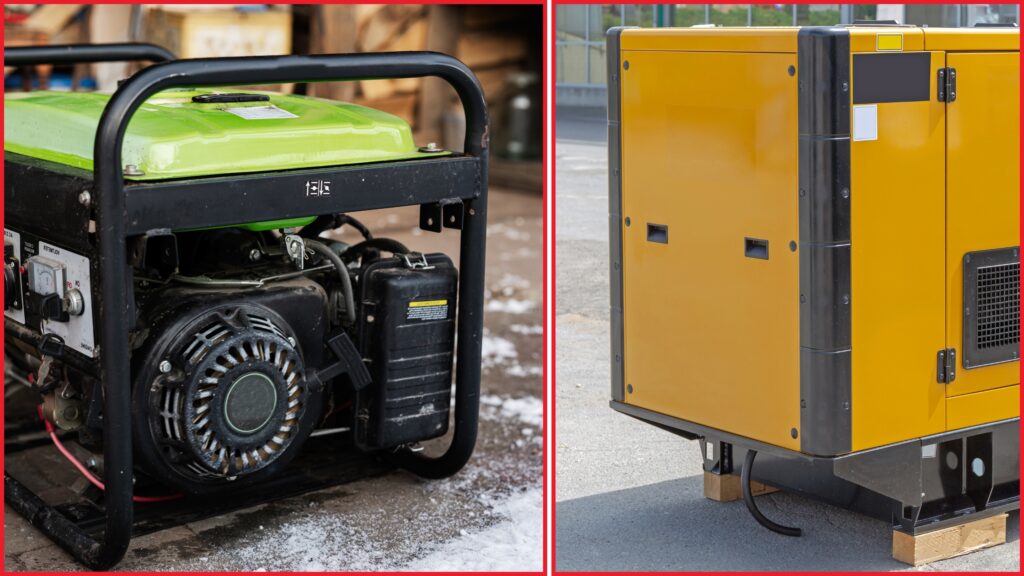
If you have a generator, ensure it is in good working order and used safely during hurricane season. Never operate a generator indoors or in enclosed spaces. Proper use and maintenance of your generator can provide essential power during outages caused by hurricane season.
Insurance Coverage
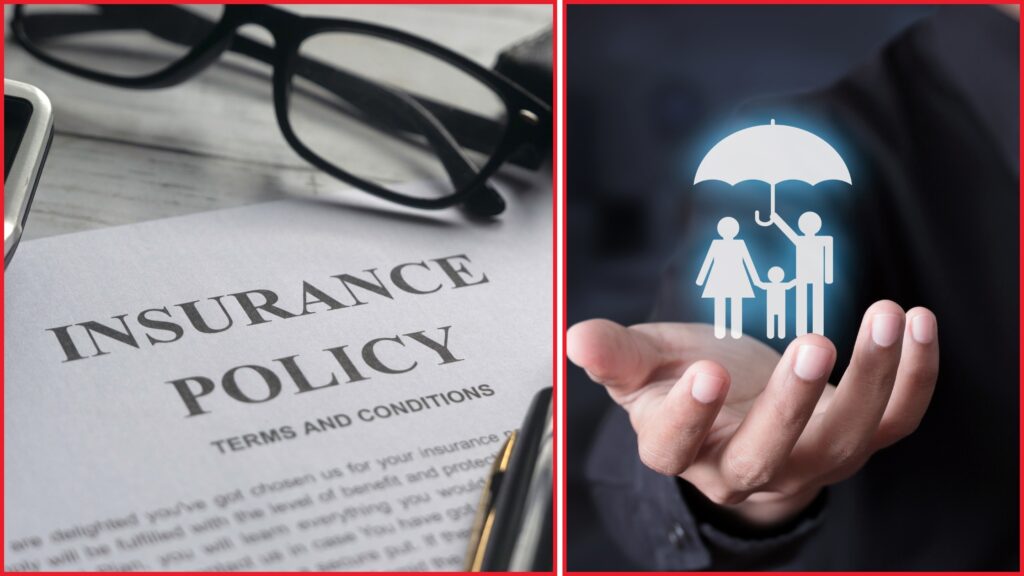
Review your insurance policies to ensure adequate coverage for hurricane-related damage during hurricane season. Consider flood insurance if you live in a flood-prone area. Being properly insured can provide peace of mind and financial protection during hurricane season.
Pet Preparedness

Include your pets in your hurricane season preparations. Have supplies ready and know pet-friendly shelters. Ensuring your pets are safe and cared for during hurricane season is an essential part of your overall emergency plan.
Community Resources

Be aware of community resources and support systems available during hurricane season. This includes shelters, emergency services, and local government updates. Knowing where to turn for help during hurricane season can make a significant difference in an emergency.
After the Storm

Knowing what to do after a hurricane during hurricane season is just as important as preparing for it. Assess your home for damage and take necessary steps to begin recovery. Immediate action can help mitigate further damage and speed up the recovery process during hurricane season.
Financial Preparedness
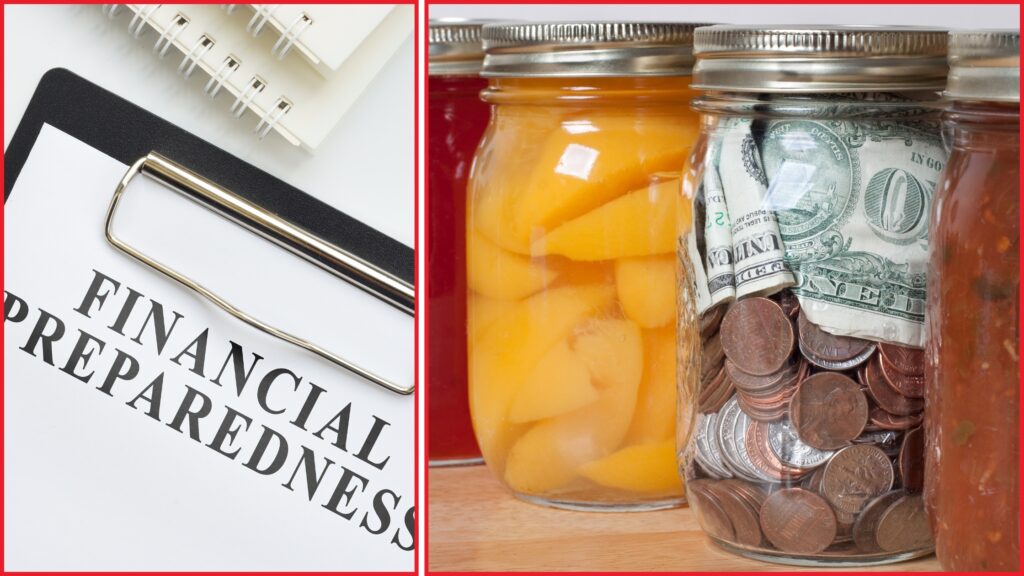
Ensure you have access to funds and understand your financial responsibilities during and after hurricane season. This includes having cash on hand and knowing how to file insurance claims. Financial preparedness during hurricane season can help you recover more quickly and efficiently.
Health and Safety Precautions
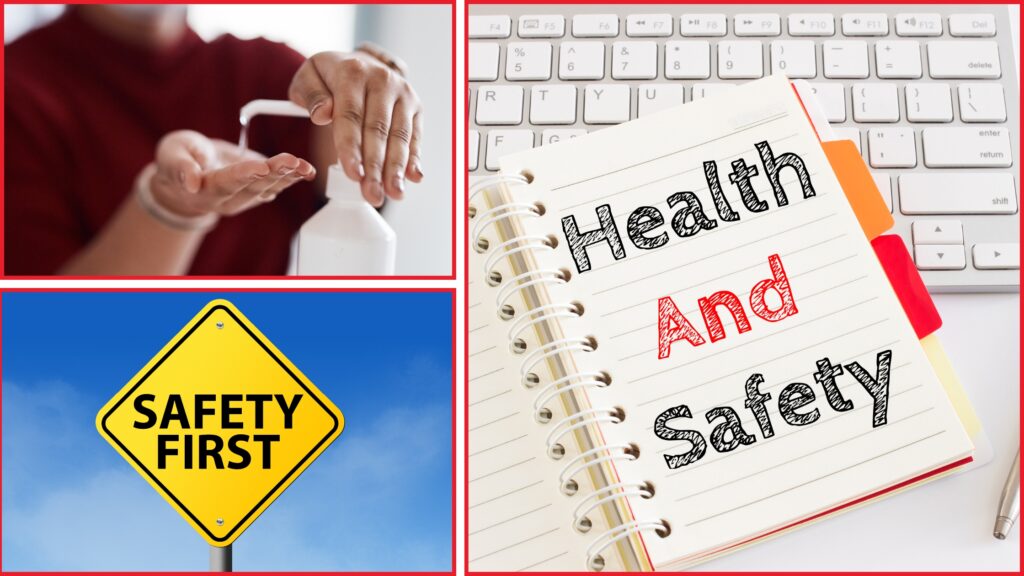
Protect your health and safety during hurricane season. This includes having the necessary medications and knowing how to avoid injury during cleanup. Following health and safety guidelines during hurricane season can prevent accidents and illnesses.
Mental Health Considerations

Hurricanes during hurricane season can be stressful and traumatic. Take steps to protect your mental health and seek support if needed. Staying connected with loved ones and practicing stress-relief techniques during hurricane season can help you cope with the emotional impact.
Staying Informed
Stay informed about hurricane developments during hurricane season through reliable sources. This includes local news, weather apps, and government alerts. Staying updated during hurricane season can help you make timely decisions to protect your family and property.
Top Strategies for Hurricane Season Home Preparation
- Secure outdoor furniture, install storm shutters or plywood on windows, reinforce garage doors, and ensure your roof is in good condition.
- Prepare an emergency supply kit with essential items such as non-perishable food, water, medications, and a first-aid kit that can last for at least 72 hours.
- Know your evacuation routes, have a well-thought-out plan, and keep important documents in a waterproof and fireproof container with digital backups.
- Ensure multiple ways to receive updates and communicate with loved ones, such as a battery-powered or hand-crank radio.
- Understand the flood risks in your area, install sump pumps if necessary, and move your car to a safe location with comprehensive insurance coverage.
- Review insurance policies for adequate coverage, including flood insurance, and ensure you have access to funds and understand how to file insurance claims.
FAQs
Q: What months are considered hurricane season?
A: June through November. These months are known for increased tropical storm activity, with peak hurricane activity often occurring from mid-August to late October. It’s crucial to stay vigilant and prepared during this period.
Q: How can I secure my windows during hurricane season?
A: Use storm shutters or plywood. Ensuring your windows are properly secured can prevent severe damage from flying debris. Additionally, consider reinforcing doors and other vulnerable entry points to enhance overall home protection.
Q: What should be in an emergency kit for hurricane season?
A: Food, water, medications, first-aid supplies, and flashlight. It’s also wise to include batteries, important documents, and personal hygiene items. Preparing a kit well in advance ensures you’re ready for any emergency situation.
Q: How do I create an evacuation plan for hurricane season?
A: Know routes, have a “go bag,” and list emergency contacts. Ensure all family members are aware of the plan and conduct practice drills. Consider including a map, keys, and any necessary supplies for your pets.
Q: Why is flood insurance important during hurricane season?
A: Standard policies often don’t cover flood damage. Flood insurance provides additional protection, giving you peace of mind during severe weather events. It can help cover repair costs and protect your financial investment in your property.
Q: How can I protect my car during hurricane season?
A: Park in a garage or on higher ground. If neither is available, consider using a car cover to protect against debris. Regularly check weather forecasts to move your car to a safer location if necessary.
Q: What is the best way to store important documents during hurricane season?
A: In a waterproof and fireproof container. Keeping digital copies on a secure cloud service can provide an extra layer of protection. Ensure the container is easily accessible if you need to evacuate quickly.
Q: How can I prepare my pets for hurricane season?
A: Have pet supplies ready and know pet-friendly shelters. This includes food, water, medications, and comfort items. Ensure your pets are microchipped and have identification tags in case you get separated.
Q: What should I do after a hurricane during hurricane season?
A: Inspect your home, take photos, and start cleanup. Prioritize safety by checking for gas leaks and structural damage. Contact local authorities for guidance on debris removal and repairs.
Q: How can I stay informed during hurricane season?
A: Use a battery-powered radio and sign up for alerts. Regularly check updates from trusted sources such as the National Hurricane Center. Staying informed helps you make timely decisions to protect your family and property.
Q: What should I do if my home is damaged during hurricane season?
A: Document the damage and contact your insurance company. Take detailed photos and notes to support your claim. Promptly reporting the damage can expedite the insurance process and get you the assistance you need faster.
Q: What are some community resources available during hurricane season?
A: Shelters, emergency services, and local government updates. Community organizations often provide assistance with food, water, and medical supplies. Stay connected with local news to know where to find help.
Q: How can I protect my mental health during hurricane season?
A: Stay connected, practice stress relief, and seek help if needed. Engage in activities that calm and distract you, such as reading or hobbies. Don’t hesitate to talk to mental health professionals if you’re feeling overwhelmed.
Q: What should I include in my financial preparedness plan for hurricane season?
A: Keep cash on hand, understand insurance, and know financial responsibilities. Having a financial safety net can help cover unexpected expenses. Review your insurance policies regularly to ensure adequate coverage.
Q: How can I ensure my generator is safe to use during hurricane season?
A: Test it regularly, keep extra fuel, and follow safety guidelines. Ensure it’s placed in a well-ventilated area to prevent carbon monoxide poisoning. Familiarize yourself with the manufacturer’s instructions for safe operation.
Comparison Table: Preparedness vs. Recovery
| ASPECT | PREPAREDNESS | RECOVERY |
| Supplies | Stock up on food, water, and emergency kits | Assess and restock supplies as needed |
| Home Safety | Secure outdoor items, reinforce windows/doors | Inspect home for damage, start repairs |
| Community | Establish a family communication plan | Contact insurance, communicate with loved ones |
| Insurance | Review policies, consider additional coverage | File claims, document damages |
Preparing your home for hurricane season is a comprehensive process that involves securing your property, organizing supplies, and having a clear plan of action. By following these expert tips, you can ensure that you and your family are well-prepared to face the challenges of hurricane season. Stay informed, stay safe, and be ready to protect your home and loved ones from the storms ahead.